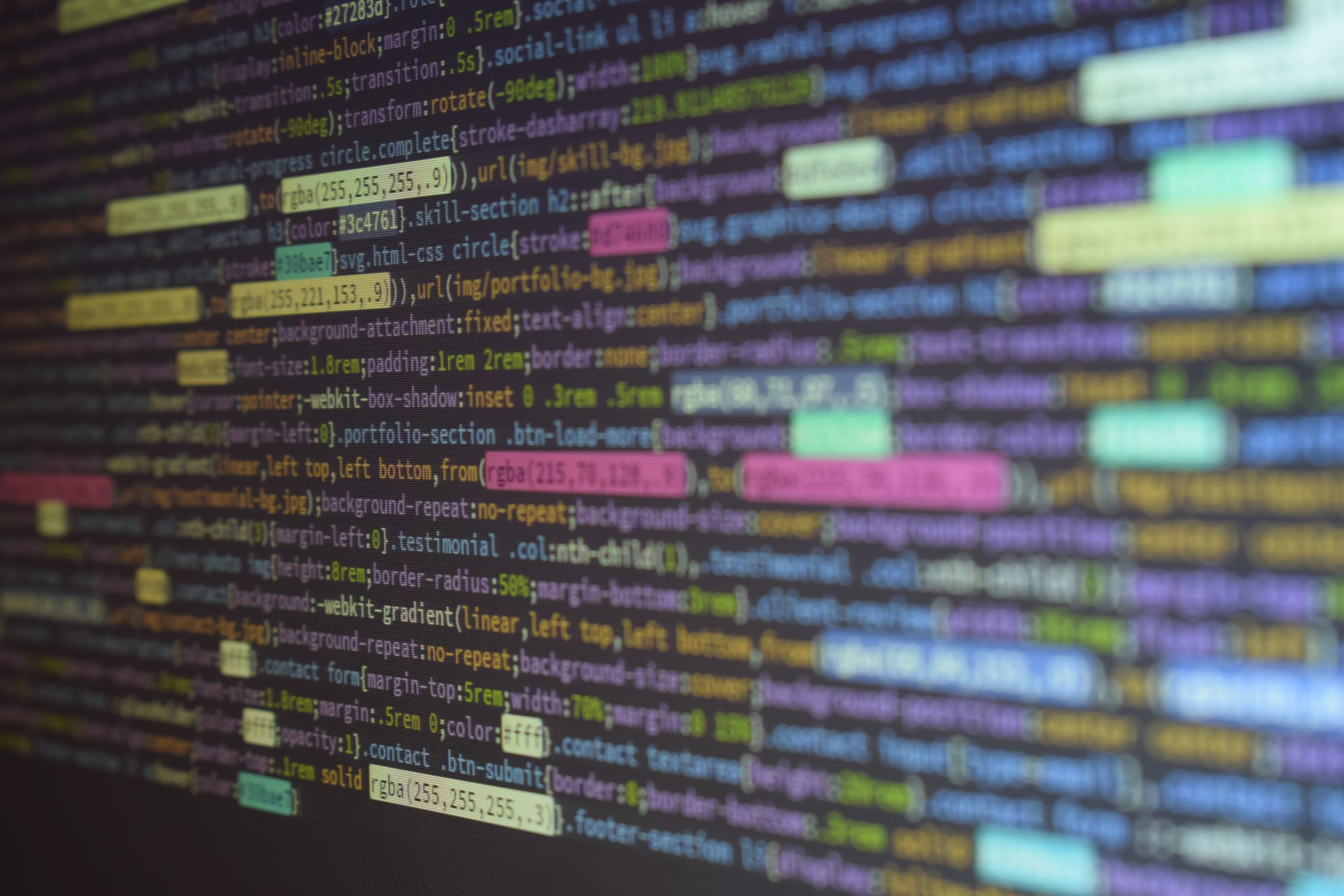
In the ever-evolving world of programming languages, Java stands as a stalwart, renowned for its reliability and adaptability.
Java continues to be one of the most widely used programming languages globally, with over 69% of developers favouring it for building robust and scalable applications.
With the release of Java 17 and the roadmap for future versions, Java’s evolution remains vibrant and exciting. In this blog, we’ll explore the latest developments in Java 17 and what the future holds for this enduring language.
Java 17: A Leap Forward
Java 17, released in September 2021, is a significant milestone in Java’s evolution. It’s a long-term support (LTS) release, which means it will receive updates and support for an extended period, making it a preferred choice for enterprises and developers looking for stability and reliability.
One of the keywords to watch out for is ‘Project Panama.’ This project aims to improve the connection between Java and native code, enhancing performance and reducing the complexity of integrating native libraries.
Records: Simplifying Data Structures
Java 17 introduces ‘records,’ a feature that simplifies the creation of data classes. Records provide a concise way to declare classes that are primarily containers for data with little to no behaviour. They automatically generate useful methods such as equals(), hashCode(), and toString(), reducing boilerplate code.
This simplification improves code readability and maintainability, making it easier to work with data structures in Java applications.
Pattern Matching: Enhancing Code Clarity
Another noteworthy feature is ‘pattern matching.’ Although it’s a preview feature in Java 17, pattern matching enhances code clarity by simplifying complex conditional statements. It allows you to declare patterns and match them directly within conditional statements.
Pattern matching enhances code readability by reducing nesting and simplifying complex conditional logic.
Sealed Classes: Restricting Subclasses
Sealed classes, introduced in Java 17, allow you to restrict which classes can be subclasses of a given class. This feature is particularly valuable when you want to control the inheritance hierarchy, ensuring that only specific classes can extend a sealed class.
Sealed classes provide more control over the design and evolution of your codebase, enhancing security and preventing unexpected class extensions.
Deprecating and Removing Older Features
As Java continues to evolve, older and less-used features are being deprecated or removed. For example, Java 17 removes the ‘Applet API’ and ‘RMI Activation System’ due to their decreasing relevance and security concerns. This streamlining ensures that Java remains a robust and secure platform for application development.
Project Valhalla: Value Types on the Horizon
Looking beyond Java 17, ‘Project Valhalla’ is an exciting keyword. It’s a long-term project aimed at introducing ‘value types’ to Java. Value types are lightweight data structures that can significantly improve performance by reducing memory overhead and eliminating the need for unnecessary object allocations.
Once implemented, Project Valhalla will empower developers to write more efficient and scalable Java applications, particularly in scenarios where memory usage is critical.
Project Loom: Simplifying Concurrency
Concurrency is a crucial aspect of modern application development, and ‘Project Loom’ addresses this by introducing lightweight, user-mode threads called ‘fibres.’ Fibers aim to simplify concurrency in Java by reducing the overhead associated with traditional threads.
This project promises to make it easier for developers to write scalable and efficient concurrent code, enhancing Java’s suitability for modern applications.
The Future of Java
Java’s evolution continues to be driven by the needs of developers and the demands of modern software development. With features like records, pattern matching, sealed classes, and ongoing projects like Valhalla and Loom, Java remains a robust and relevant programming language.
In conclusion, as you explore the evolving world of Java, ‘Coding Brains,’ a leading software development company, stands ready to support your development needs. Our team of experienced Java developers leverages the latest Java features and best practices to create cutting-edge solutions tailored to your specific requirements. By partnering with Coding Brains, you ensure that your Java projects are developed efficiently, effectively, and with a focus on the latest advancements in the Java language.


Leave a Reply